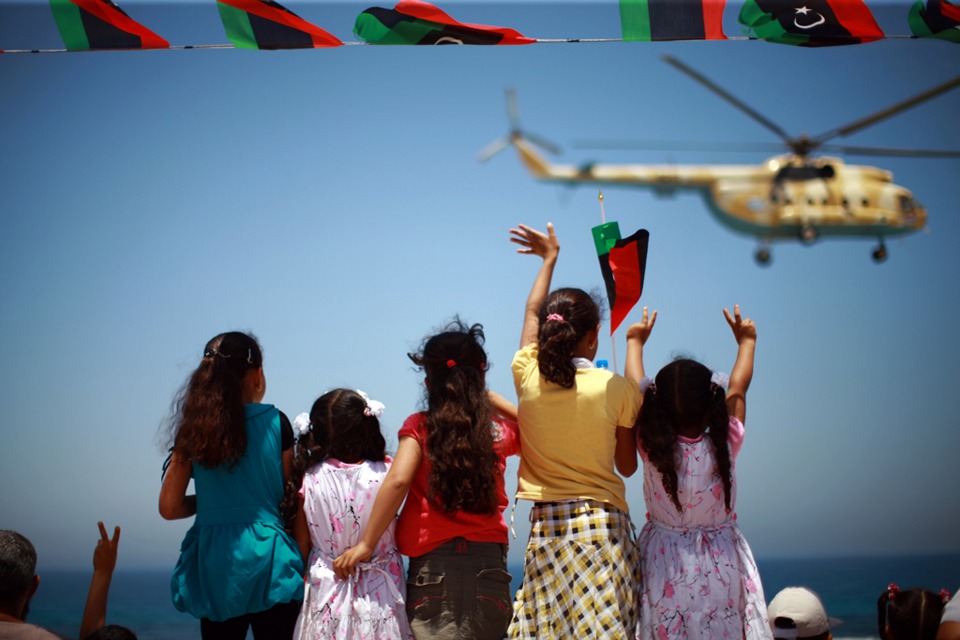"The UK remains committed to Libya for the long term"
Statement by UK Minister Tobias Ellwood to the Secretary-General’s High-Level Meeting on Libya

The UK welcomes the Secretary General’s initiative in convening this important session for the international community, and the announcement of formal talks between key Libyan groups. At this critical time in Libya’s transition, we must all pledge our support to the people of Libya. And we should reiterate a solid commitment to the democratically elected Parliament, and call for an end to the violence which is threatening long-term peace and stability in Libya.
The continuing conflict in Libya is not what the peaceful majority of the country expected as a result of events in 2011. Libya undoubtedly faces serious challenges in the aftermath of 40 years of misrule. But those engaged in violence must recognise that an unstable Libya, with competing political factions, not only affects innocent people within the country, it also poses a threat beyond its immediate region. Long-term stability and prosperity in Libya can only be achieved through a lasting political settlement underpinned by the rule of law.
The UN’s announcement of formal talks is critical to achieve this. We need a cohesive approach by the wider international community if we are to help Libya get its transition back on track. It is vitally important that we as the international community, as neighbours and regional partners, do not pick sides nor favour individual factions to further fuel the violence. There can be no decisive military victory to address Libya’s problems.
Now more than ever, is the time right to pursue an inclusive political settlement. UK Envoy Jonathan Powell recently visited Libya to meet leaders from all sides, in support of your efforts to broker a ceasefire. Key power-holders have told us they are willing to engage in dialogue. We need to encourage and bring them into the process. At the same time, we must be prepared to marginalise those inciting violence, and to tackle the growing terrorist threat. The UN Security Council Resolution 2174 sends a clear message that the international community will take action against parties who continue to use violence to pursue political goals. It is essential we give the UN mediation process a chance to succeed.
To this end, it is critical that the House of Representatives engages in inclusive dialogue in order to help restore stability and forge consensus around the next steps in Libya’s transition. We should strongly encourage all those elected to the Council to take up their seats immediately. The Constitutional Drafting Assembly also has an important role to play in Libya’s future stability - and it should urgently pursue the drafting of a document that enshrines and protects the rights of all Libyans.
The UK remains committed to Libya for the long term. This meeting is important in reassuring the people of Libya that the international community stands with them in their efforts to promote a political settlement. It is also a further reminder to the minority engaging in violence that the international community is prepared to take action to stop them.
Thank you very much.